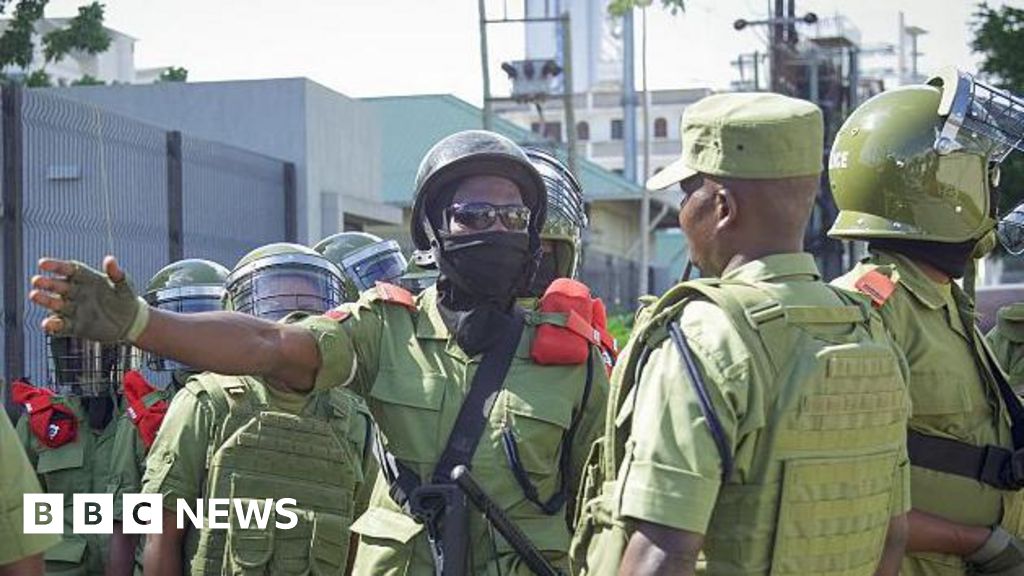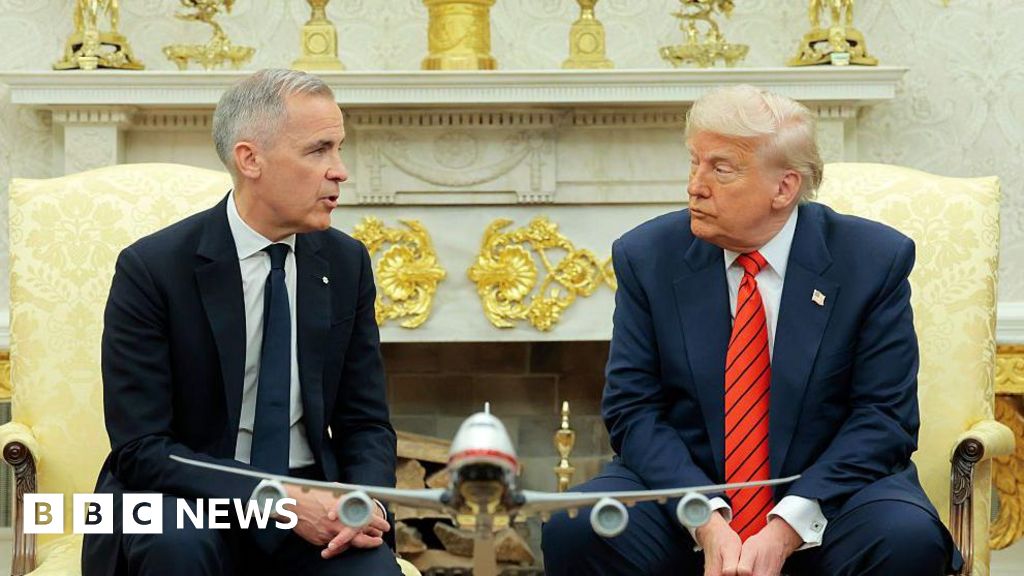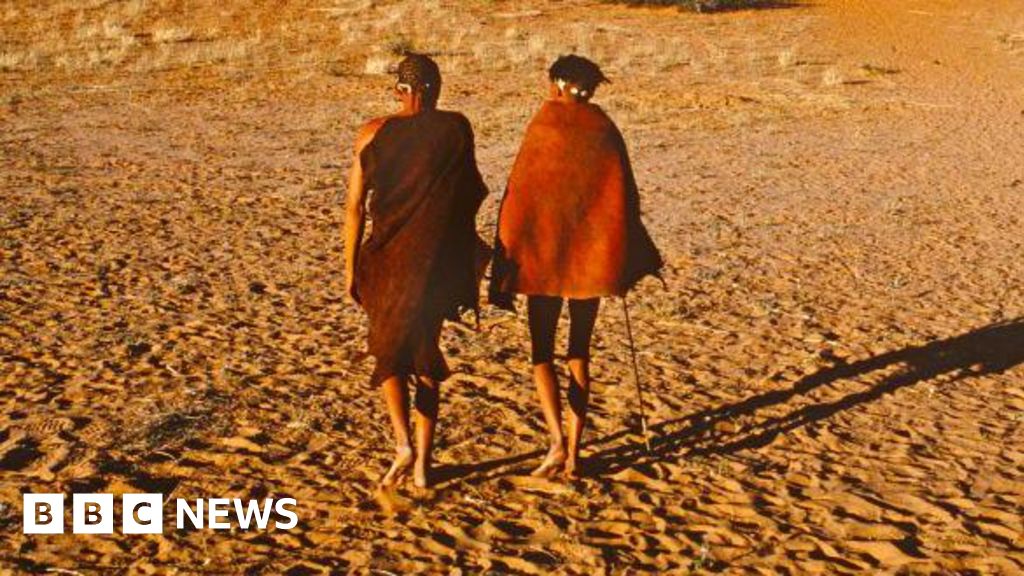ARTICLE AD BOX
Coffins for the dead were draped in the national flag with the words "Rest in Peace"
In the wake of the fuel tanker explosion that killed 115 people in Sierra Leone's capital, Freetown, survivors and their families are left wondering how to rebuild their lives, as BBC West Africa correspondent Mayeni Jones reports.
In the mid-afternoon heat, health workers in protective clothing nail Sierra Leonean flags to wooden coffins. In the middle of the flags are the words "Rest in Peace".
A crowd gathers to watch them work - a mix of bystanders and medical staff from the Connaught Hospital in downtown Freetown, where the bodies are being loaded.
Some of the onlookers cover their noses. The smell of the bodies hangs in the hot, humid air.
At the sight of the coffins being loaded onto the truck, a woman whose nephew is being treated for severe burns in the hospital bursts into tears.
"Oh God, eh God!" she repeats, holding a handkerchief to her face and wiping away her tears, her shoulders shaking as she sobs.
Between a civil war, a range of natural disasters and the Ebola crisis of 2014, Sierra Leoneans have been through more collective grief than most.
The country ranks 182nd out of 189 in the UN's Human Development Index, which measures countries' levels of social and economic development based on four criteria: life expectancy at birth, average years spent in school, expected years of education and gross national income per capita.
Despite its abundant mineral wealth, Sierra Leone is one of the poorest countries on earth, and its population has had to learn resilience.
Still, this latest tragedy has left many shaken.
"A medical emergency of this magnitude I've never experienced before in all my career as a medical doctor," says Dr Mustapha Kabbah, a surgeon at Connaught Hospital with 20 years' experience.
He moved back to Sierra Leone with his family from Germany in 2018.
"This is big, it's really massive. On that day when I saw the incident, I was really taken aback. We're still yet to understand what happened, because it's just too soon."
'We thank God for my brother's life'
In the corridors of the hospital, I speak to 25-year-old Victoria Fornah, a student at the historic Fourah Bay College, founded almost 200 years ago. Her older brother Ibrahim got caught in the blaze while coming home on Friday night.
She found out he had been in the accident on social media.
"I was sleeping, so my sister called me and said 'just check your phone'. When I opened it I saw pictures of my brother lying on the ground, everywhere was burned."
Ibrahim has severe burns on his arms, face and feet. Victoria says he's been responding well to treatment. "Although his injuries were many, we thank God for his life."
At the scene of the accident, in Freetown's eastern suburb of Wellington, the smell of burnt rubber still hangs in the air more than 48 hours after the blaze.
In a local bar, smoke rises from a pile of ashes. Blackened cars and engines are a reminder of the horror that took place here on Friday.
Members of the community and local business owners stand around surveying the damage. Many used their life savings to open these businesses. Now they have nothing left.
'Everything is gone - all our money is burned'
Twenty-eight-year-old orphan Aisatu Sesay is a nurse at a local hospital. She opened a small pharmacy with her sister to supplement her income.
Back in July they lost their house in an electric fire. They had moved their savings, as well as the donations they were given to help with the loss of their home, to their pharmacy. Now that's gone too.
"Everything is gone, my documents, the pharmacy documents, it's all burned. I have no idea what I'll do," Ms Sesay says.
A total of 115 people are now known to have died in the tanker explosion in Sierra Leone's capital
She was getting back from work when she saw people running with the spilt fuel from the truck. When the fire started she tried to run away but got pushed to the ground by people fleeing the scene. She shows me her bandaged calf and a bruise on her thigh.
"Lots of people died because they fell and simply couldn't get back up."
She's worried about her future. Her whole family has had to move back to the orphanage where she grew up because they have nowhere else to go.
"It was so difficult for us to open our business because we didn't have much money and no family to help us, but we raised it over time.
"But now all of our money is burned."
During a mass burial for victims on Monday night, President Julius Maada Bio reiterated his promise that a thorough investigation would be conducted to make sure something like this never happened again.
But for the victims and their families, surviving is more important than promises.

 3 years ago
65
3 years ago
65








 English (US) ·
English (US) ·